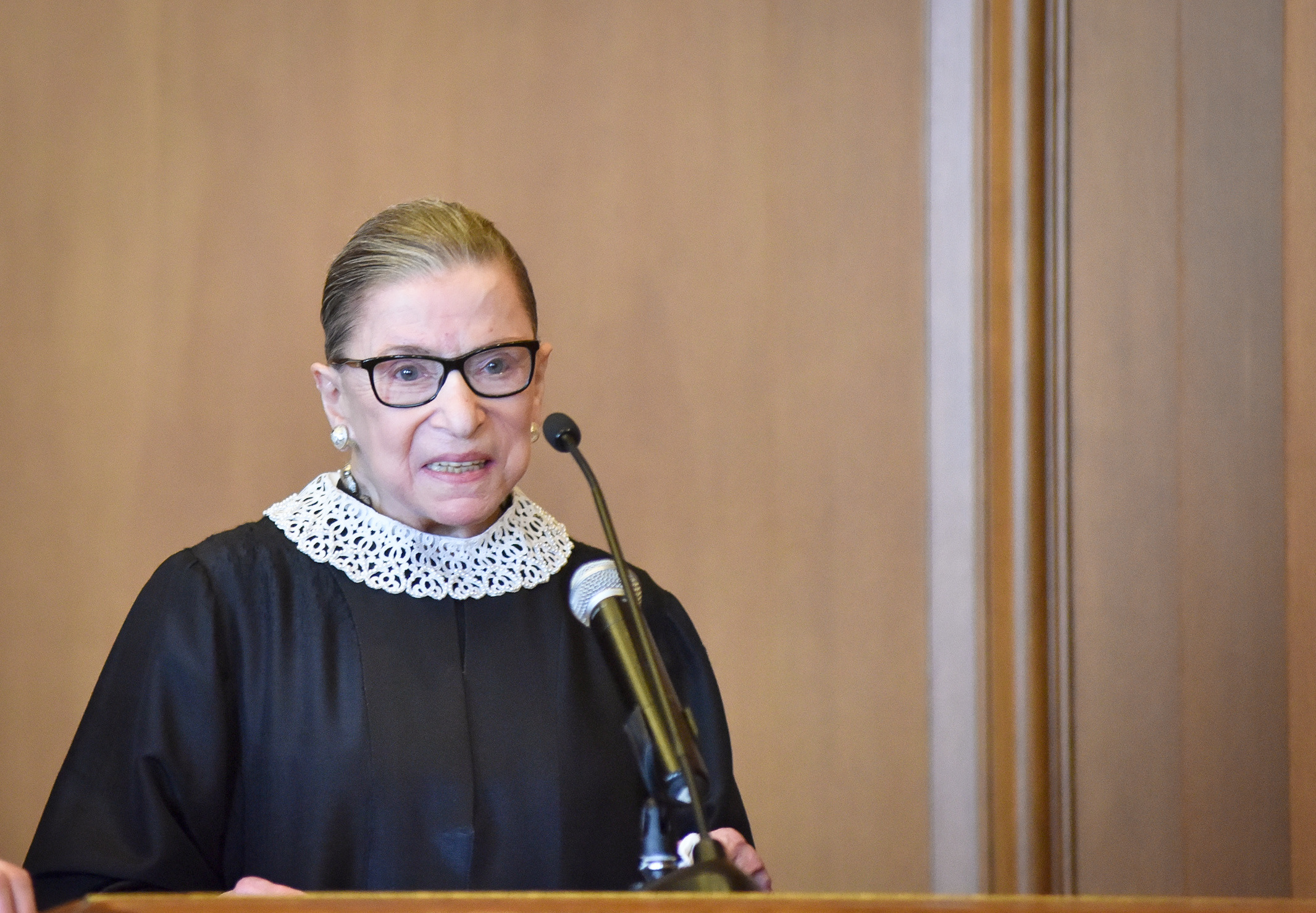Efficacy of colonoscopies now in question after doctors review landmark study and find ZERO reduction in cancer deaths
10/12/2022 / By Lance D Johnson

In a new landmark study, colonoscopies did not meet the expectations of doctors, gastroenterologists or cancer researchers. In the study, the colonoscopy did not significantly reduce colon cancer mortality and only cut colon cancer risk by one fifth, which is far below the current estimates for the test’s efficacy.
“Maybe colonoscopy isn’t as good as we always thought … I think we were all expecting colonoscopy to do better,” said Samir Gupta, a gastroenterologist at the University of California, San Diego. Dr. Gupta worked on a randomized trial that compared real-life outcomes of people who underwent colonoscopy screening and those who didn’t. It turns out that colonoscopies are not as necessary, not as important as they are currently advertised.
Colonoscopy fails to meet expectations in real life, decade-long, study
A colonoscopy is a screening operation that inserts a camera up the rectum. The camera searches for pre-cancerous polyps, known as adenomas. Currently, the colonoscopy is regarded as a gold standard for the prevention of colorectal cancer. Research previously showed that the colonoscopy was responsible for a 70 percent reduction in colon cancer incidence and mortality, but none of this research included any large randomized trials to show real life results.
The medical consensus recommends every person get screened at least once every decade after age 45-50. Michael Bretthauer, a gastroenterologist and researcher in Norway helped lead the study. He said the medical consensus believed that colorectal cancer would become “extinct” if everyone got screened at least once every decade. But colon cancer continues to plague the population, no matter how many times a polyp is detected and removed.
Once a colonoscopy reveals the presence of a polyp, it can be quickly and safely removed. The surgery is intended to remove the cancerous polyp before it can spread and do further damage. While this operation may be important for removing obstructions, the operation doesn’t address the cellular conditions that allow colorectal cancer to take hold and spread.
Colonoscopy fails to address underlying causes of colorectal cancer
The failure of the medical system to address the underlying causes of cancer were better understood when Dr. Bretthauer and his colleagues began comparing real-life results of people who had a colonoscopy and those who didn’t take the test over a ten-year span. The study, which took place out of the University of Oslo and Oslo University Hospital, recruited 80,000 people (ages 55 to 64) from Poland, Norway and Sweden. Approximately 28,000 participants were randomly selected to receive a colonoscopy. Forty-two percent of this group elected to receive the colonoscopy. The remaining majority received typical medical care, but did not receive regular colonoscopies.
After one decade, the group who received colonoscopies saw an 18 percent reduction in colon cancer risk. Of course, this group got more diagnoses, but their results were not any better than those who didn’t take the test. The mere detection and removal of polyps slightly reduced risk, but had no effect on colon cancer mortality. Neither group was more or less likely to die from colon cancer, no matter how many polyps were detected by the colonoscopy. In other words, the medical system focuses on detection, but does not have a truly efficacious protocol in place to reduce colon cancer mortality. Imagine if a study was conducted comparing colonoscopies and standard medical care with an entirely new protocol, one where the underlying nutritional status, the microbiome, and cellular conditions were addressed, one where aloe vera and other anti-cancer foods are used.
Bretthauer said the colonoscopy is “not the magic bullet we thought it was.” The study was recently published in the New England Journal of Medicine.
For more on the cancer industry and the causes of cancer, visit Cancer.News.
Sources include:
Submit a correction >>
Tagged Under:
cancer, cancer mortality, cancer risk, cancer screening, cellular conditions, colonoscopy, Colorectal Cancer, diagnosis, discoveries, medical tech, pre-cancerous polyps, real investigations, real life study, research, treatment, treatment protocol, truth
This article may contain statements that reflect the opinion of the author
RECENT NEWS & ARTICLES
COPYRIGHT © 2017 CANCER MYTHS




















